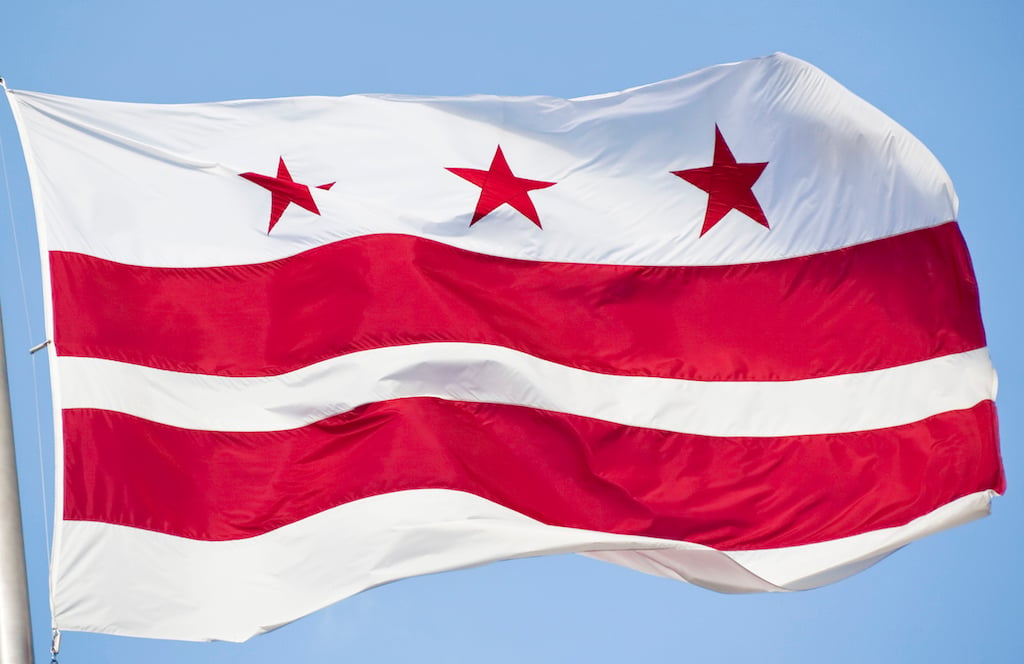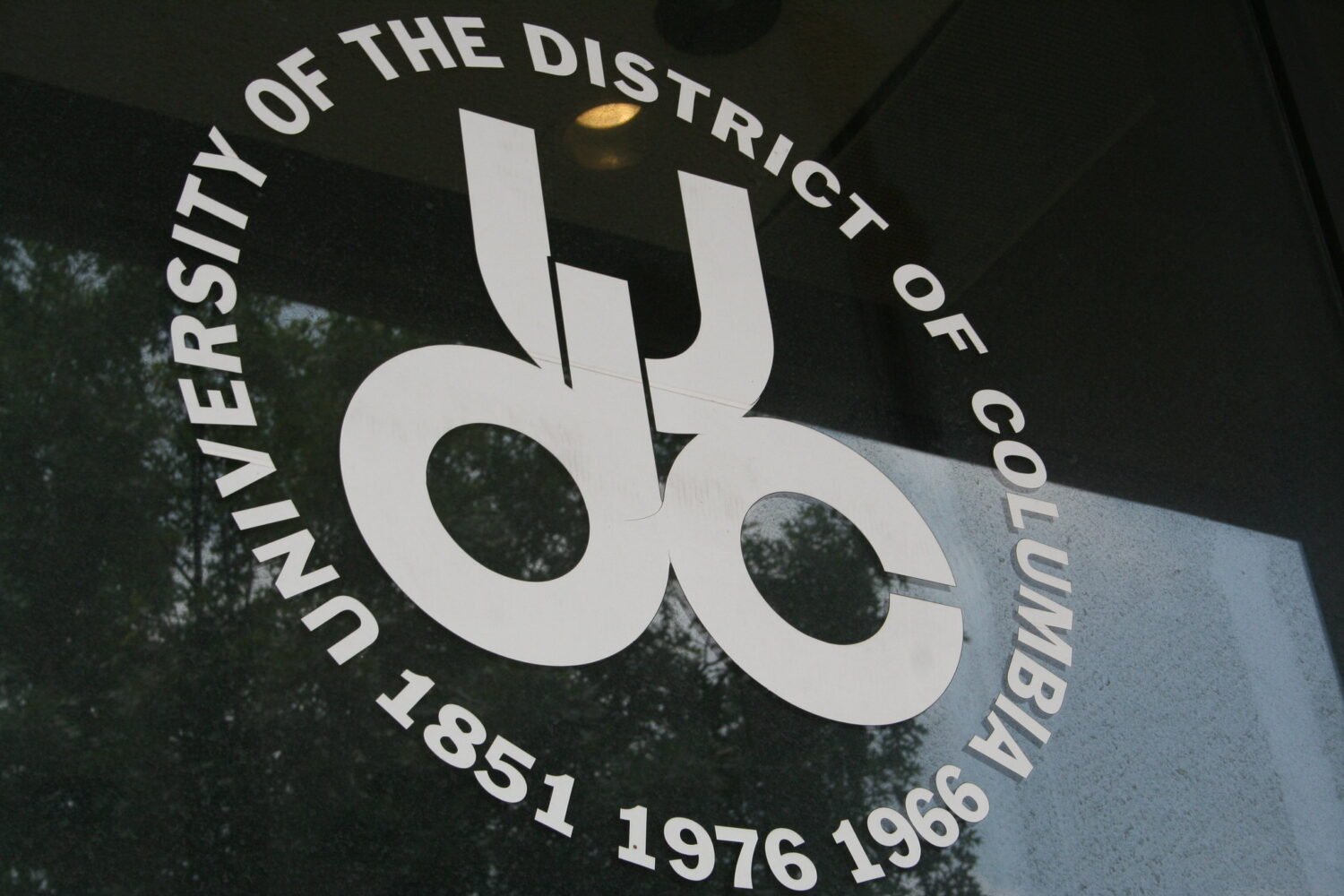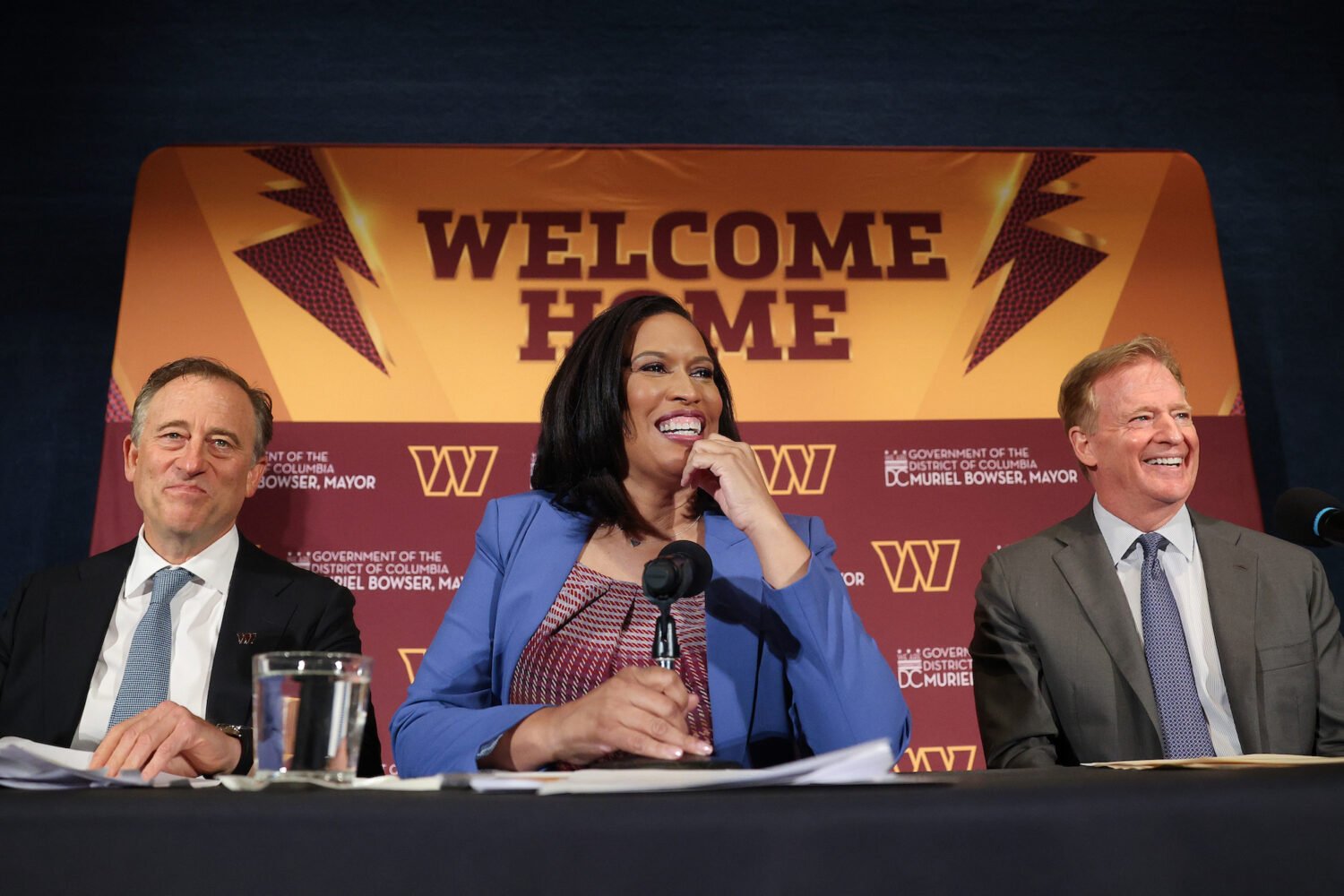The Senate held a hearing on the Washington, DC Admission Act this morning. This was only the second time a Senate hearing has been held for a DC statehood bill. While the hearing was a historic moment in Congress, it was also a predictable one. If you watched the House vote on the bill, you already know the arguments from both Democratic and Republican representatives. To no surprise, the same arguments were said at today’s hearing in the Senate.
Even DC Congresswoman Eleanor Holmes Norton expected the Republican lawmakers to argue that the DC statehood bill was unconstitutional, like they did in House hearing. Right off the bat, Norton argued that the bill was constitutional and complies with the 23rd Amendment, which allows the federal district to participate in the Electoral College and doesn’t specify a minimum size or location of the district. The legislation suggests that the State of Washington, DC would consist of 66 out of the 68 square miles that currently make up DC, while the other two square miles would contain the federal district.
Mayor Muriel Bowser and former Senator Joe Lieberman (I-Conn.) framed DC statehood from a racial justice and voting rights standpoint. Both politicians referred to the diverse demographics of DC residents and the contributions that DC residents make to our society, such as military participation and paying the highest per-capita federal income taxes in the country. “Prayerfully, I will be the last DC mayor who needs to sit here demanding on the behalf of our 700,000 residents what is our birthright and what is owed to us as taxpayers.” Bowser said. “That’s full citizenship and democracy.”
On the other hand, Senator Josh Hawley (R-Mo.) and Senator Ron Johnson (R-Wis.), like many other Republican lawmakers, see the push for DC statehood as a “naked power grab” for Democrats. Johnson argued that the District didn’t have many “disadvantaged individuals,” which would be news to the 13.5 percent of the DC population living in poverty (vs 10.4 percent in Wisconsin). “This is an elite group of people here who have a vested interest in the power of the federal government.”
It is unclear when the Senate will vote on the DC statehood bill, but it seems unlikely that it will enough Republican support to overcome the 60-vote requirement. The Biden administration issued a policy position to express support for the DC statehood bill in April, making President Biden the only president to give explicit support for DC statehood.

















